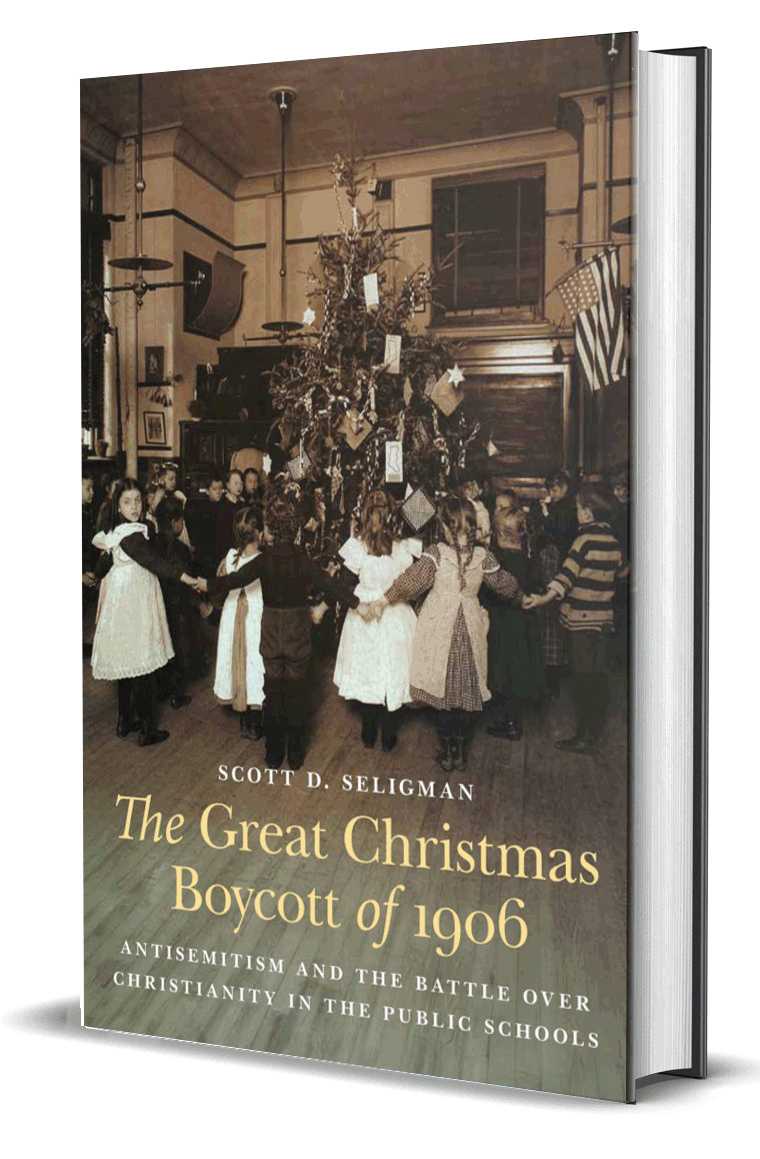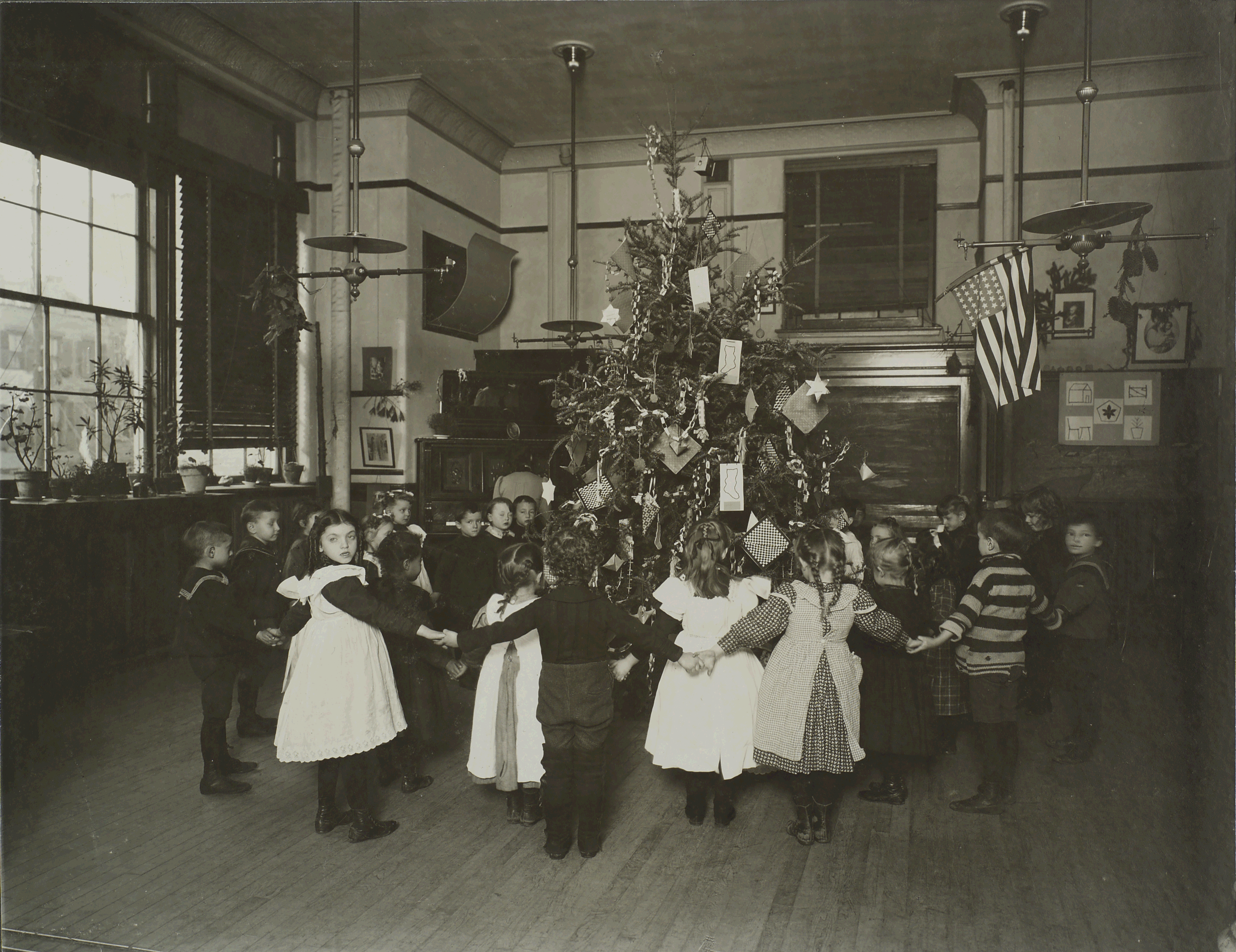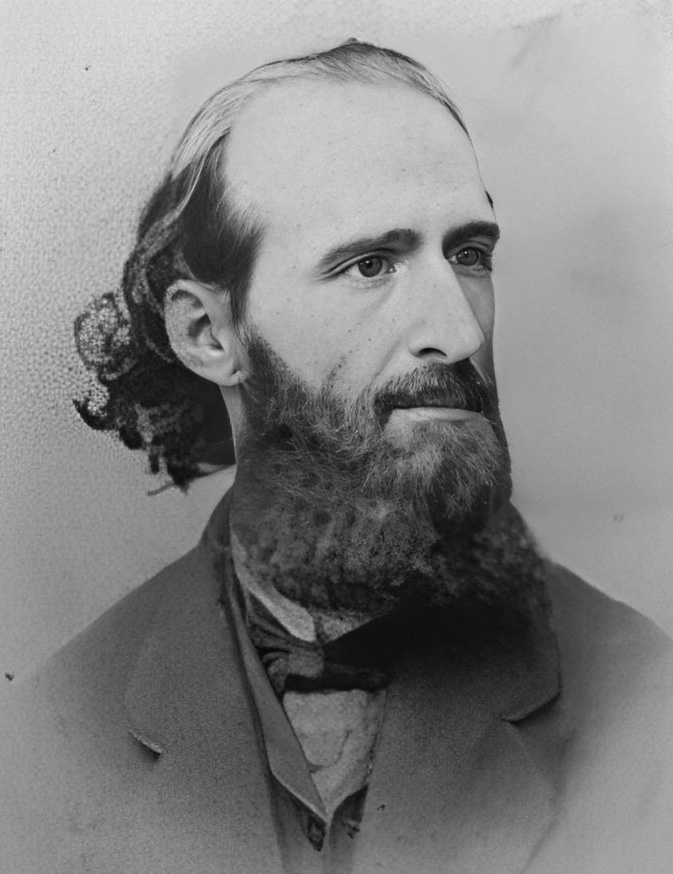|

To pre-order the book, click
here.
|
The Great
Christmas Boycott of 1906: Antisemitism and the
Battle Over Christianity in the Public Schools
Scott D. Seligman
Potomac Books
University of Nebraska Press
Forthcoming
in November, 2025
 Today’s
battle over Christianity in U.S. public schools has deep roots. In
the nineteenth century it was an intramural struggle between
Protestants and later-arriving Catholics. But at Christmastime in
1905, when Frank Harding, the Presbyterian principal of a Brooklyn
elementary school, urged his Jewish students to be more like Jesus
Christ, Jews entered the fray in a big way. Harding’s exhortation
was just the trigger orthodox Jewish activist Albert Lucas had been
waiting for. Fresh from battling Christian settlement houses brazen
about their intent to convert Jewish children, Lucas accused the
public schools of illegal proselytizing and the Jewish community
circulated a petition calling for the principal’s ouster. Today’s
battle over Christianity in U.S. public schools has deep roots. In
the nineteenth century it was an intramural struggle between
Protestants and later-arriving Catholics. But at Christmastime in
1905, when Frank Harding, the Presbyterian principal of a Brooklyn
elementary school, urged his Jewish students to be more like Jesus
Christ, Jews entered the fray in a big way. Harding’s exhortation
was just the trigger orthodox Jewish activist Albert Lucas had been
waiting for. Fresh from battling Christian settlement houses brazen
about their intent to convert Jewish children, Lucas accused the
public schools of illegal proselytizing and the Jewish community
circulated a petition calling for the principal’s ouster.
 After
the New York Board of Education let Harding off with a slap on the
wrist, Lucas and a delegation of rabbis from all branches of Judaism
pressed for clear guidelines about what religious practices would,
and would not, be permitted in the schools. Reading from the King
James Bible, reciting the Lord’s Prayer, posting pictures of the
Madonna and staging Christmas pageants seemed to them demonstrably
in conflict with the state constitution, the city charter and the
board’s own regulations. After
the New York Board of Education let Harding off with a slap on the
wrist, Lucas and a delegation of rabbis from all branches of Judaism
pressed for clear guidelines about what religious practices would,
and would not, be permitted in the schools. Reading from the King
James Bible, reciting the Lord’s Prayer, posting pictures of the
Madonna and staging Christmas pageants seemed to them demonstrably
in conflict with the state constitution, the city charter and the
board’s own regulations.
When the board ducked the issue, Jewish parents across the city kept
their children home on the day of the 1906 school Christmas
pageants. As many as 75% of the students in Jewish neighborhoods
stayed home that day and the Board of Education, feeling the
pressure, finally moved to exclude sectarian hymns and religious
compositions. But the ban generated an enormous antisemitic backlash
and the media portrayed the issue as a Hebrew attack on Christmas.
Where Lucas and company wished to fight a battle over the law, their
detractors relied on condescension, patriotism, antisemitism,
tradition and outright falsehood. The backlash, however, was more
than enough to persuade the conflict-averse board to rescind most of
its order.
Religion has never been absent from American public schools, and the
Harding case raised the perennial issue of how much of it – if any –
should be permitted. The Great Christmas Boycott of 1906
traces the school Christmas celebration dispute to the present day.
Since politics appear unlikely ever to permit an unalloyed victory,
still less a long-lasting one, Jewish organizations in the
twenty-first century have moved on to fighting Christian nationalism
in other ways they believe are more winnable.
|